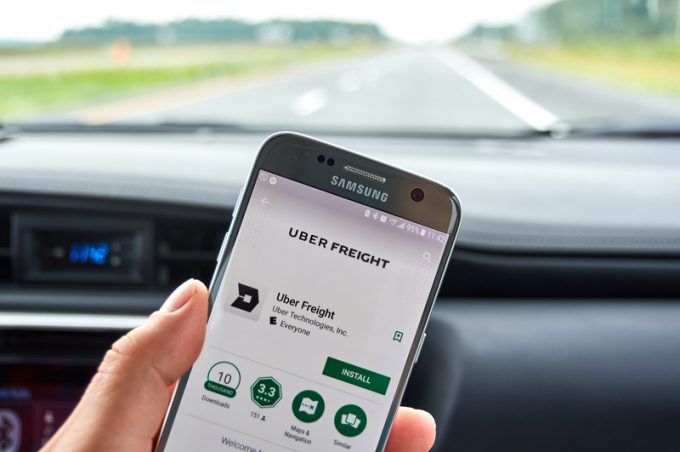Expeditors in court – new motion questions 'good faith'
Patterns of behaviour…

Digital logistics platforms must pay greater attention to classifying their business offering, so as to be better prepared for any litigation.
Stefanie Roose and Barbara Wilbrink, of Dutch legal firm AKD, believe the rising number of online platforms has stirred questions around what they actually do.
“It ...
MSC switches two more Asia-Europe port calls from congested Antwerp
Canada and Mexico get cosy with trade plan to bypass US
Front-loading frenzy has made traditional H2 peak season 'unlikely'
Tradelanes: Export boom in Indian sub-continent triggers rise in airfreight rates
Carriers introduce surcharges as congestion builds at African ports
Mexican airport modernisation plan unlikely to boost cargo facilities
Tradelanes: Overcapacity on Asia-S America impacting alliances and rates
Ports and supply chain operators weigh in on funding for CPB

Comment on this article
Jostlyn
May 25, 2019 at 9:51 amAlexander Whiteman, thanks a lot for the post.Really thank you! Much obliged.